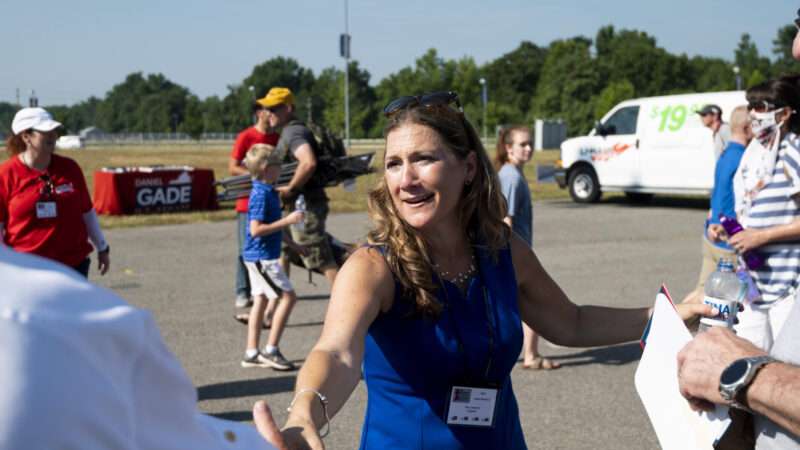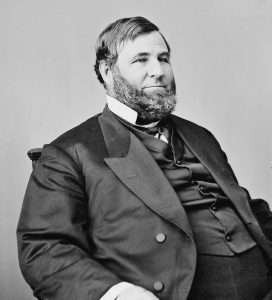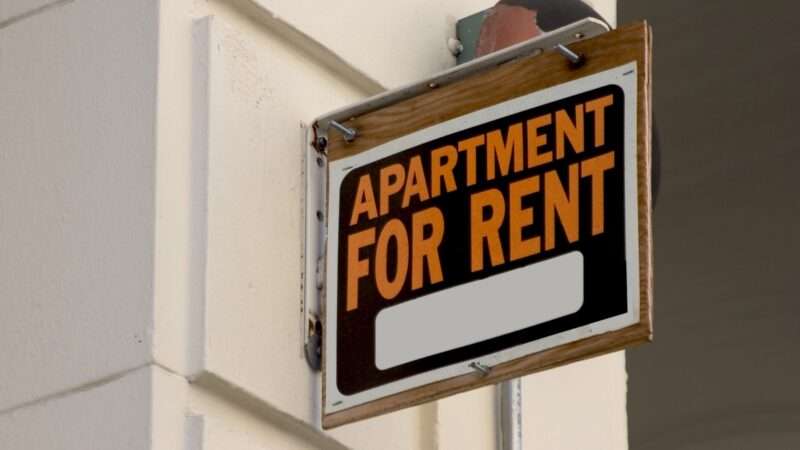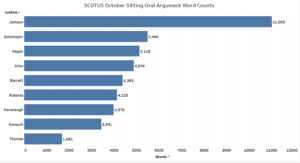The assumption behind government agencies that can be called on to intervene when people pose a danger is that those making the calls are sincere. The reality is often very different, with malicious people making tendentious or flat-out bogus reports to sic the authorities on those they dislike. Last week saw a perfect example of abusing the system when journalist David Leavitt sent his Twitter followers to Virginia’s hotline for child abuse in response to a political candidate who said she was teaching her daughter a version of American history he didn’t like.
“Can someone please call child care services on Tina Ramirez who’s teaching her child to be a racist?,” David Leavitt urged his more than 331,000 followers. This after GOP Virginia State Senate candidate Tina Ramirez said “I teach my daughter real American history. I refuse to join the radical left’s campaign to erase history.”
Leavitt then documented his efforts to reach the hotline and complained about the wait time. It didn’t seem to occur to him that his urging hundreds of thousands of followers to use the line to harass a political opponent might have something to do with “high call volumes.”
But this isn’t really about Leavitt or Ramirez. Leavitt has a history of causing himself public embarrassment and resulting blowback, and that history is likely to repeat itself. Ramirez reported Leavitt’s behavior to the authorities, and it’s a fair bet the “award-winning multimedia journalist” will suffer far more from this than will the political candidate.
Most of us aren’t like Leavitt and Ramirez. Usually, malicious misuse of government authority takes place out of public view. Resulting defenses of reputations and even lives must be fought with the resources available to a regular person to battle powerful agencies.
“Swatting…involves calling 9-1-1 and faking an emergency that draws a response from law enforcement—usually a SWAT team,” the FBI warned back in 2008. “Needless to say, these calls are dangerous to first responders and to the victims.”
Swatting is more dangerous to victims than to first responders, to be honest. In 2017, Andrew Finch of Wichita, Kansas, was killed by police sent to his home by a bogus call involving a video game dispute in which he played no part.
In recent years, as the country turned nastier and more tribal, swatting took a political turn. Gun control advocate David Hogg was swatted in 2018. Rep. Marjorie Taylor Greene (R–Ga.) was swatted twice in August of this year. Even before then, in 2015, the Notre Dame Law Review ran an article arguing that “exploitation of police response as a means of creating a threat elicits a feeling of helplessness in victims and others sharing the political or social stance for which the victims were targeted.”
“Swatting should in fact be classified as an act of domestic terrorism when used to intimidate political adversaries or coerce advocates of a particular viewpoint to withdraw from participation in political discourse,” author Matthew James Enzweiler concluded.
Calling child-abuse hotlines on people, not because they’ve done harm, but to hurt them, is a type of swatting. It’s somewhat lower stakes than calling the cops because it’s (probably) less likely to involve drawn guns, but it’s also easier since many child-protective agencies encourage anonymous reports.
“Anyone can report suspected child abuse or neglect to a local department of social services or to the CPS Hotline,” Virginia’s Child Protective Services notes on its website. “Callers will be asked to provide as much information as possible about the child, the alleged abuser and the incident. You are not required to give your name when you make the report, but if you do identify yourself, the local department of social services will be able to contact you for further information if needed and will be able to inform you of actions that were taken.”
Such anonymous reporting lends itself to abuse. And once in the sights of child-protective agencies, victims can be subject to interference in their lives that, if not as dramatic as an armed raid, is still traumatizing and potentially long in duration.
“With the threat of child removal at its core, the child welfare system regulates a massive number of families,” Dorothy E. Roberts wrote for Mother Jones in April of this year. “In 2019 alone, CPS agencies investigated the families of 3.5 million children, ultimately finding abuse or neglect only in one-fifth of cases, or for the families of 656,000 children. Yet the families of these children are put through an indefinite period of intensive scrutiny by CPS workers and judges who have the power to keep children apart from their parents for years or even to sever their family ties forever.”
Among the people profiled by Jones was activist Joyce McMillan. She was motivated to support abolition of the child welfare system and its intrusions into people’s lives after somebody anonymously reported her in 1999 and her children were temporarily taken away.
Like 9-1-1, child abuse hotlines were designed for use by well-meaning Americans who care about their communities, their neighbors, and their families and who call the authorities only when they believe somebody is in danger. These tip lines remain available to such upstanding people. But they are also easily weaponized by resentful people who despise and dehumanize anybody they dislike for any conceivable reason, personal or political. It doesn’t take many ill-intentioned people to turn an emergency phone number into a means for lashing out at perceived enemies.
The problem doesn’t stop, there, unfortunately. The Department of Homeland Security is busy running ads for its “If You See Something, Say Something” campaign to get people to report suspicious “signs of terrorism and terrorism-related crime” to the authorities. It’s impossible to see those ads without thinking that, in a nation where some people interpret disagreements over history lessons as evidence of child abuse, a bumper sticker could be all it takes to spur a tip to an anti-terrorism task force.
With minimal due process protections, “red flag laws,” also known as extreme risk protection orders, also lend themselves to misuse against gun owners by those who just don’t like them for personal or political reasons. “The procedure could be misused—for instance, to harass a former spouse or disarm a potential victim,” RAND Corporation analysts acknowledged in 2020.
Ultimately, David Leavitt’s online tantrum over history lessons is unlikely to harm his target, Tina Ramirez, because of her prominence and ability to fight back. But it is a warning sign that supposedly protective government authority is too easily weaponized against those who attract the attention of malicious enemies. And right now, many Americans insist on seeing each other as enemies.
The post Don't Weaponize Child Abuse Hotlines Against Your Political Opponents appeared first on Reason.com.
from Latest https://ift.tt/PaEjgZQ
via IFTTT






